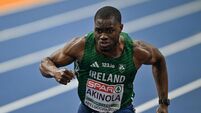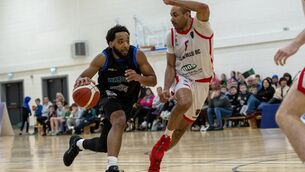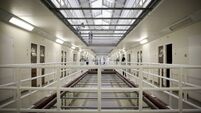Christmas dinner in the Farrell household could be enlightening

As if we ever needed reminding, Saturday’s World Cup final highlighted that so much of modern-day sport is played out in the head.
Every team prepares assiduously and formulates their plans and approach. After that, it all comes down to execution on any given day. With very little separating the top teams in the knockout phase, it’s all about which side turns up in the best frame of mind. How did New Zealand oscillate between looking unbeatable against Ireland in the quarter-final and being on the receiving end of an equally brilliant performance from England seven days later.














